Patrol in the East (1971)
장르 : 전쟁, 드라마
상영시간 : 1시간 55분
연출 : Amar Laskri
시놉시스
A patrol of the National Liberation Army must convoy a French soldier taken prisoner to the Tunisian border.
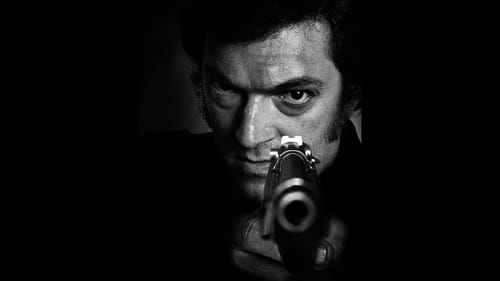
섹시함과 재치, 남자답고 당당한 카리스마에 의리까지, 어느 하나 부족하지 않은 최고의 남자 '자크 메스린(뱅상 카셀 분)'. 마음에 드는 여자를 단번에 꼬시는 것은 기본, 은행강도, 백만장자 납치극 등 자신이 원하기만 하면 세상이 주목하고 이슈가 되는 사건의 중심에 항상 그가 있다. 결국 최악의 죄수들을 수감하는 특수교도소에 투옥된 그는 이번에도 기회를 놓치지 않고 짜릿한 탈옥의 기회를 엿본다.
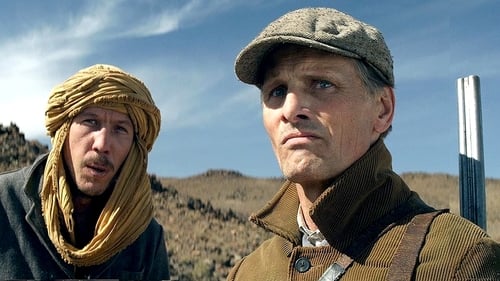
독립 전쟁이 한창이던 1954년 알제리. 목동들에게 불어를 가르치며 살고 있는 전직 군인 ‘다루’에게 어느 날 예기치 못한 명령이 내려진다. 사촌을 죽인 죄로 붙잡힌 ‘모하메드’를 팅기트로 인도해 재판 받게 하라는 것. 그를 데려가 죽이라는 것과 다름없는 명령을 도저히 따를 수 없는 ‘다루’와 자신은 반드시 팅기트에 가야만 한다는 ‘모하메드’. 결국 함께 길을 떠난 두 사람은 팅기트로 향하는 길에 알제리 독립군과 프랑스 정부군 간의 교전에 인질로 잡히고 마는데…
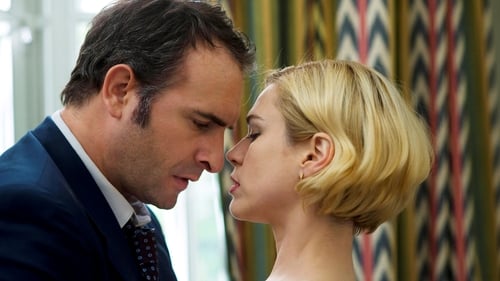
Happily married with a daughter, Marc is a successful real estate agent in Aix-en-Provence. One day, he has an appointment with a woman to view a traditional country house. A few hours later, Marc finally puts a name to her face. It's Cathy, the girl he was in love with growing up in Oran, Algeria, in the last days of the French colonial regime. Marc hurries to her hotel. They spend the night together. Then she's gone again. And Marc's mother tells him Cathy never left Algeria. She was killed with her father in a bombing just before independence...
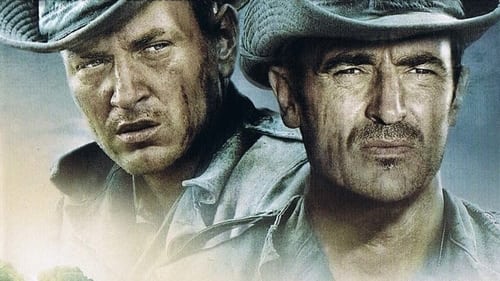
이상주의자인 젊은 장교 테리언은 프랑스로부터 독립하려는 알제리를 점령하기 위한 알제리 내전에 참가하라는 명령을 받는다. 자대에 배치된 테리언은 고참하사인 도낙의 조언과 도움으로 점점 전쟁에 적응해 나간다. 하지만 전쟁의 참혹함과 참상을 지켜보면서 테리언은 도덕적 가치에 혼란을 느끼고, 점점 이상과 현실의 괴리감 속에서 정체성의 혼돈을 겪으며 방황한다. 한편 테리언의 인간적인 면에 매료된 알제리 소년은 프랑스군이 점령군임에도 불구하고 알제리 반군에 대항하여 테리언을 도와 싸운다. 하지만 시간이 지나면서 광기 어린 전쟁머신으로 변해가는 테리언과 계속되는 고문 행위에 환멸을 느낀 소년은 테리언을 떠나 알제리 반군에 투항하는데…

Parisian authorities clash with the Front de Libération Nationale (FLN) in director Alain Tasma’s recounting of one of the darkest moments of the Algerian War of Independence. As the war wound to a close and violence persisted in the streets of Paris, the FLN and its supporters adopted the tactic of murdering French policemen in hopes of forcing a withdrawal. When French law enforcement retaliated by brutalizing Algerians and imposing a strict curfew, the FLN organizes a peaceful demonstration that drew over 11,000 supporters, resulting in an order from the Paris police chief to take brutal countermeasures. Told through the eyes of both French policemen as well as Algerian protestors, Tasma’s film attempts to get to the root of the tragedy by presenting both sides of the story.
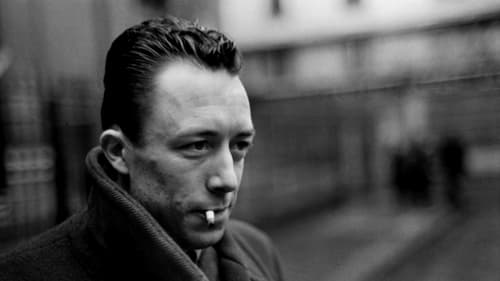
An account of the brief life of the writer Albert Camus (1913-1960), a Frenchman born in Algeria: his Spanish origin on the isle of Menorca, his childhood in Algiers, his literary career and his constant struggle against the pomposity of French bourgeois intellectuals, his communist commitment, his love for Spain and his opposition to the independence of Algeria, since it would cause the loss of his true home, his definitive estrangement.
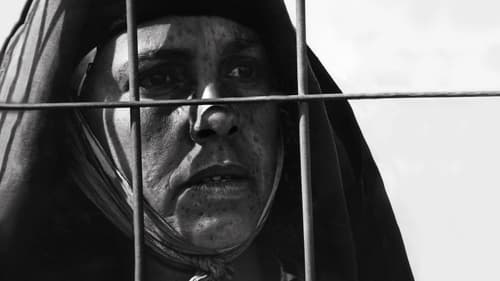
This black-and-white film – the first road movie of Algerian cinema – presents one of the most readily apparent, though subtle, transformations of the daily life of the people of Algeria brought about by the ordeal of French occupation and the war of liberation. With military repression in full force, a peasant woman finds herself alone in her house in the mountains when her only son is taken away by French soldiers soon after her husband is killed in a raid. One day, on seeing a dead chicken, which she considers a bad omen, she decides to leave home, and sets off on a tiring journey through the mountains. With a pair of chickens in tow, she moves from one detention camp to the next in a desperate search for her missing son. The film was inspired by events experienced by the family of its director.
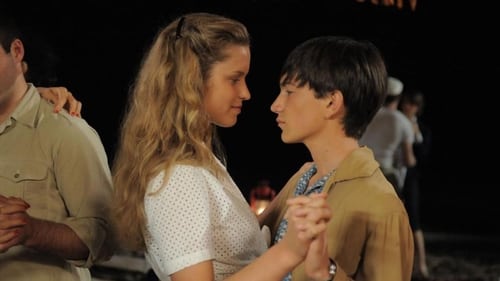
The writer Louis Gardel remembers his youth in Algeria. In 1955, Louis is 15 years old and lives with his grandmother Zoé. Zoé is friend with president Steiger, leader of the French settlers but also with the old Arab Bouarab. One night looking at the Bay of Algiers, Louis is convinced that the world in which he has grown will disappear. The first events of the War of Independence have begun. The young boys and young girls have a good time at the seaside: swimming, dancing, flirting. But, little by little, the war becomes part of their daily life.
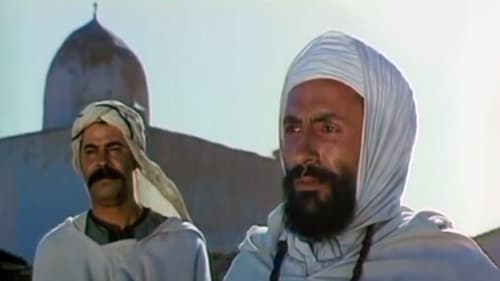
The story of the film revolves around the epic of Sheikh Bouamama, a leader of the national resistance in Algeria during the French colonial era. The events are taking place in southwestern Algeria. The film also tells about different stages of the resistance, especially about one of the uprisings of the Algerian people, namely "the battle of the sons of Sidi Sheikh Bouamama", in which French General Leuti was appointed to try to suppress and end this resistance.
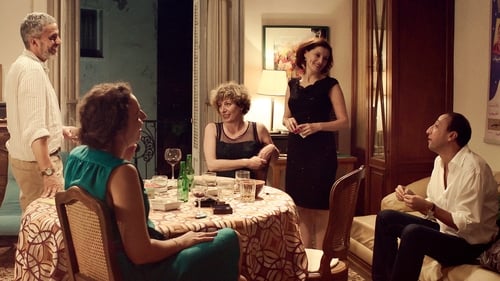
Algiers, a few years after the civil war. Amal and Samir have decided to celebrate their twentieth wedding anniversary in a restaurant. While on their way, their share their views on Algeria: Amal talks about lost illusions and Samir about the necessity to cope with them. At the same time, their son Fahim and his friends Feriel and Reda are wandering about in a hostile Algiers about to steal their youth.
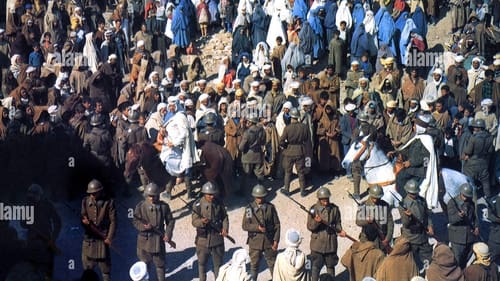
The beginings of the Algerian Revolution as seen through the eyes of a peasant.

A "Reformed Colonel" is found dead in Paris, a couple of decades after Algeria's struggle for independence was won from France. Lieutenant Galois is assigned the investigation of this murder. She receives the diary of Lieutenent Guy Rossi who served under The Colonel in Algeria in 1956, and has been reported as missing in action since 1957. The revelations found in Rossi's diary go far beyond The Colonel's actions in Algeria, and give an insight on how dirty Algeria's War for Independence really was.
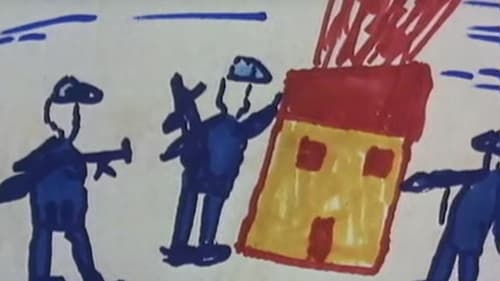
Algerian children, survivors of the war and refugeeing in Tunisian camps, recount the tragic events they have experienced, from drawings they have made themselves.

Directed by Mustapha Badie.

A patrol of the National Liberation Army must convoy a French soldier taken prisoner to the Tunisian border.
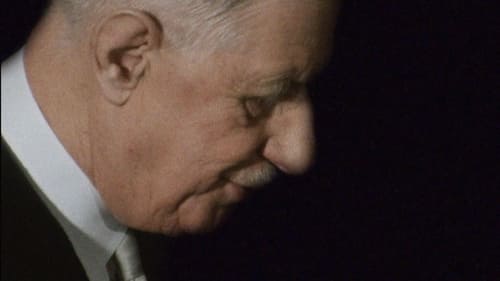
Charles de Gaulle, the first president (1958-1969) of the Vth Republic, France’s current system of government, left his mark on the country . He was statesman of action and has been compared to a monarch. This film depicts the general’s personality through the great events of his presidential term, at a time when the world was undergoing considerable changes.
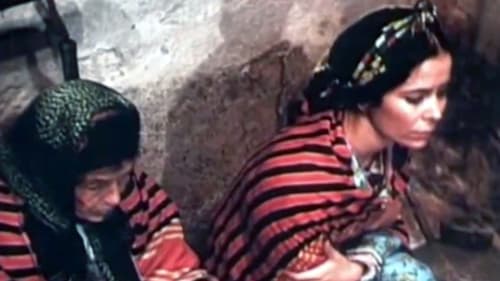
An Algerian doctor decides to leave the troubles in Algiers and goes back to his hometown, a small village lost in the mountains. There, however, the situation is explosive as well, as the guerilla is active and the French military has to keep a close watch on the locals...
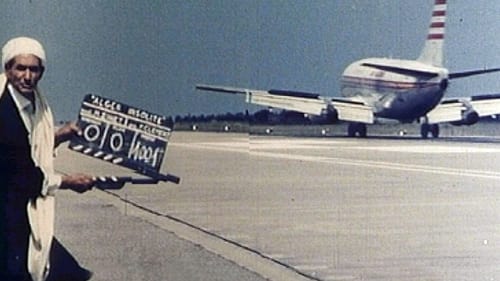
Originally commissioned by the city of Algiers to promote tourism, Mohamed Zinet’s Tahia ya Didou blends documentary with fiction to create a poetic, acerbic and rapturous portrait of the director’s native city. The camera travels freely, through the port, market, streets and cafés, capturing everyday people, some of whom recur frequently enough to seem like protagonists. The nominal plotline follows a French tourist couple’s leisurely visit to the city, the man having previously served in the army during the Algerian war. As they walk around, his comments betray his mindset’s racist colonial prejudices, while his wife reiterates asinine clichés. Their unhurried wandering is interrupted when he comes across a blind man and realises that he tortured him during his army service. The film is punctuated with punchy sequences that show a poet named Momo delivering verse as an elegy for Algiers.















